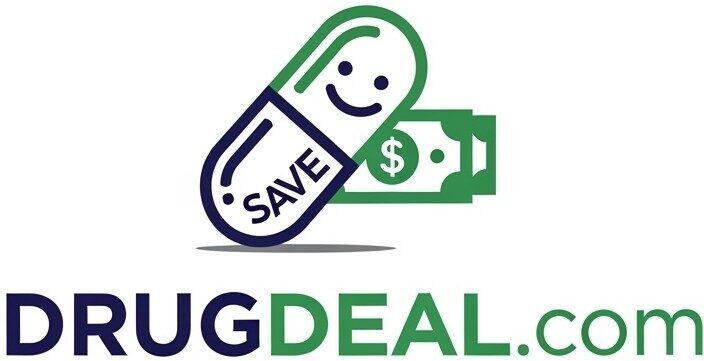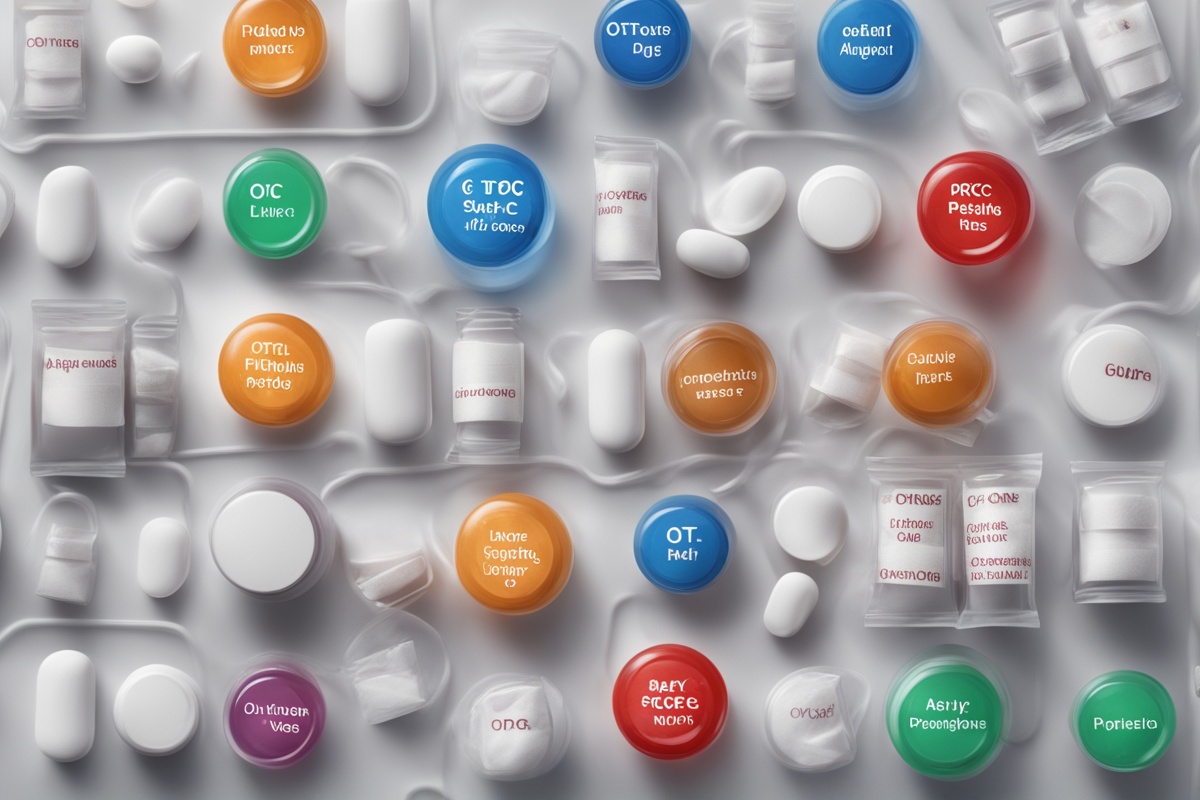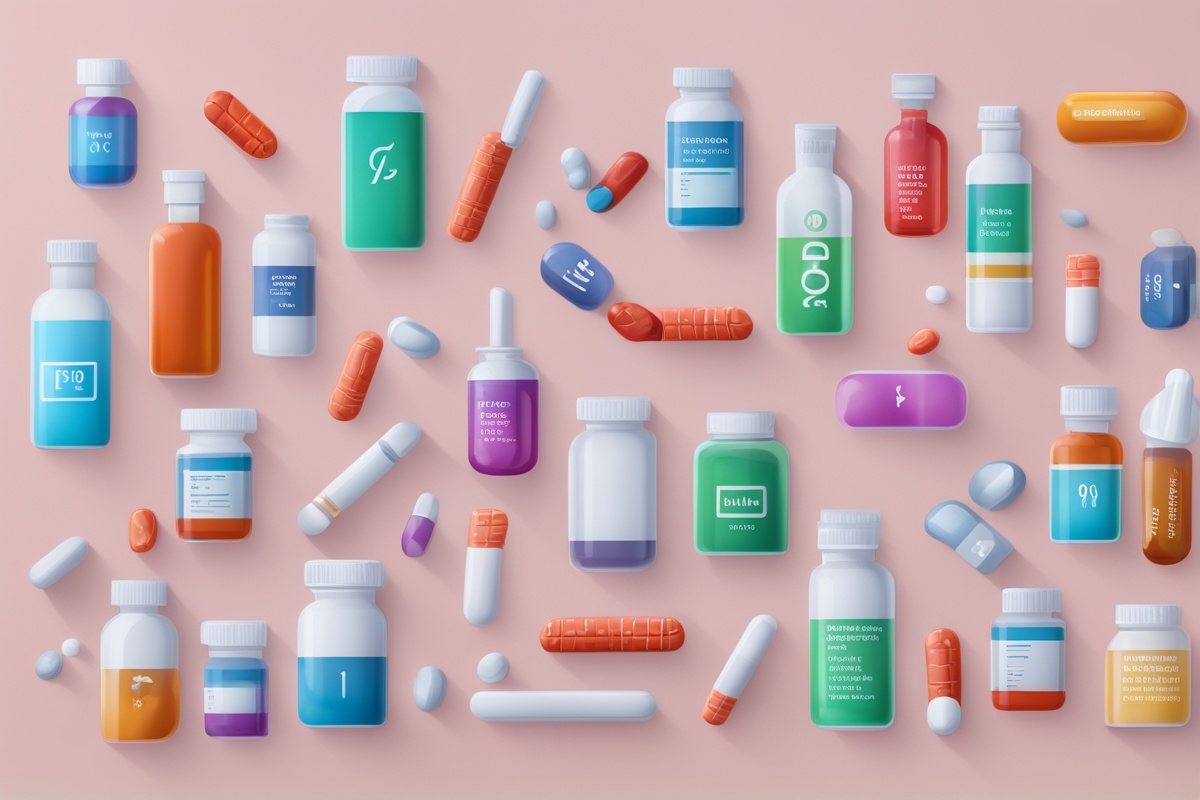Over-the-counter (OTC) drugs are a lifeline for many of us. Got a headache? Pop an ibuprofen. Allergies acting up? Grab some antihistamines. They’re convenient, accessible, and often effective. But let’s not kid ourselves—easy access can sometimes lead to a slippery slope. Preventing OTC drug misuse is a topic we can’t afford to brush under the rug, especially when misuse can spiral into dependency, health complications, or even life-threatening situations. Whether you’re a parent worried about your teen, someone managing chronic pain, or just stocking your medicine cabinet, understanding how to use these medications safely is critical. I’ve seen firsthand how a simple misunderstanding about dosage can lead to a trip to the ER—more on that later. For now, let’s dive into actionable ways to keep OTC drugs from becoming a hidden danger in your home.
Understanding the Risks of OTC Drug Misuse
OTC drugs might seem harmless because they don’t require a prescription, but that’s a false sense of security. Misuse can take many forms: taking more than the recommended dose, using a medication for a purpose it wasn’t intended for, or even combining drugs without knowing the interactions. Take acetaminophen, for instance. It’s in everything from pain relievers to cold remedies. Exceed the daily limit, and you’re risking liver damage—sometimes irreversibly. According to the FDA, unintentional overdoses of acetaminophen send thousands to the hospital each year. That’s not just a statistic; it’s a wake-up call. Why do we sometimes ignore the fine print on the label? Maybe it’s because we’re in a rush or assume “a little extra won’t hurt.” Spoiler: it can. Recognizing these risks is the first step in preventing OTC drug misuse, and it starts with awareness.
Reading Labels Like Your Life Depends on It—Because It Might
Let’s be real: reading the tiny print on a bottle of cold medicine isn’t exactly thrilling. But skipping it is like driving blindfolded. Labels aren’t just suggestions; they’re your roadmap to safe use. They tell you the active ingredients, dosage limits, potential side effects, and interactions to watch out for. I remember a time when a friend doubled up on a decongestant because they “didn’t feel it working.” Turns out, they missed the warning about heart palpitations—a scary few hours followed. So, how do you make label-reading a habit? Start small. Keep a magnifying glass handy if the text is too small, or use a smartphone app to scan and read labels aloud. And don’t just read once—check every time, especially if it’s a new brand. Preventing OTC drug misuse begins with knowing exactly what you’re putting into your body.
Storing Medications Safely to Avoid Accidental Misuse
Imagine this: you’ve got a bottle of pain relievers on the kitchen counter, easily within reach of a curious toddler. Or maybe your teen stumbles across some sleep aids in an unlocked drawer. These scenarios aren’t far-fetched—they happen every day. Proper storage is a cornerstone of preventing OTC drug misuse. Keep medications in a locked cabinet or a high shelf, out of sight and reach of children. If you’ve got older kids, talk to them about the dangers of experimenting with pills, even if they seem “safe.” And here’s a pro tip from personal experience: don’t store meds in the bathroom. Humidity can degrade them, and it’s often too accessible. Instead, opt for a cool, dry place. Think of storage as your first line of defense—don’t let accessibility turn into a tragedy.
Educating Yourself and Others About Drug Interactions
Ever wonder why some medications come with a laundry list of warnings? It’s because OTC drugs don’t exist in a vacuum—they can interact with other medications, foods, or even alcohol in unexpected ways. For example, combining antihistamines with alcohol can amplify drowsiness to dangerous levels. I once advised a colleague who was taking an OTC antacid alongside a prescription blood thinner. They had no idea it could reduce the effectiveness of their medication until I urged them to check with a pharmacist. Preventing OTC drug misuse means educating yourself on these interactions. Use resources like the National Institutes of Health (NIH) drug interaction checker, and never hesitate to ask a healthcare provider or pharmacist if you’re unsure. Spread the word, too—share what you learn with family or friends. Knowledge isn’t just power; it’s protection.
Recognizing the Signs of Misuse in Yourself or Loved Ones
Sometimes, misuse sneaks up on you. Maybe you’ve been taking a sleep aid every night for months, not realizing you’re becoming dependent. Or perhaps you notice a loved one reaching for painkillers more often than seems necessary. What are the red flags? Look for changes in behavior, like irritability or secrecy about medication use, or physical signs like drowsiness, nausea, or confusion. I recall a family member who started overusing decongestants for chronic sinus issues. It wasn’t until they experienced nosebleeds and jitteriness that we realized there was a problem. Preventing OTC drug misuse isn’t just about rules; it’s about vigilance. If you suspect an issue, don’t sweep it under the rug. Have an open, non-judgmental conversation, and encourage seeking help from a doctor or counselor. Early intervention can make all the difference.
Seeking Alternatives and Professional Guidance
Let’s face it—sometimes OTC drugs are a Band-Aid for a deeper issue. Chronic pain, insomnia, or anxiety might drive you to overuse medications when other solutions could be safer and more effective. Why not explore alternatives? Physical therapy, mindfulness techniques, or dietary changes can address root causes without the risk of misuse. I’ve personally found that a consistent bedtime routine helped curb my occasional reliance on sleep aids. And if you’re unsure where to start, consult a healthcare provider. They can guide you toward non-drug options or prescribe something safer if needed. Preventing OTC drug misuse often means stepping back and asking, “Is there a better way?” Trust me, there often is. Pharmacists are also goldmines of advice—don’t underestimate their expertise. Make them your go-to before reaching for that extra dose.
References
- FDA: Drug Interactions – What You Should Know
- NIH: Study on Overdose Risks with Common OTC Medications
- Mayo Clinic: Over-the-Counter Drugs Safety
- CDC: Medication Safety Program
- WebMD: OTC Pain Relief Medication Safety
Disclaimer: This article is for informational purposes only, based on general research and personal experience—it’s not a substitute for professional medical advice. Always consult a qualified healthcare provider or pharmacist for personalized guidance on medication use, potential interactions, or health concerns. The information provided here is intended to raise awareness and encourage safe practices, but individual circumstances vary, and professional input is essential for addressing specific needs or conditions. Your health and safety are the top priority, so don’t hesitate to seek expert help when in doubt.
This content is for informational purposes only and not a substitute for professional advice.



